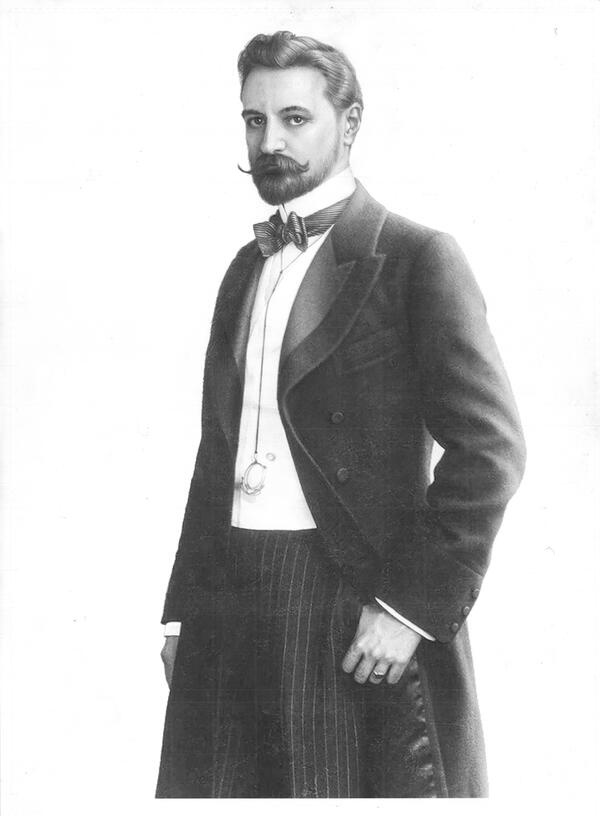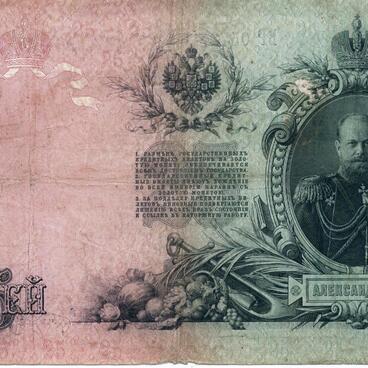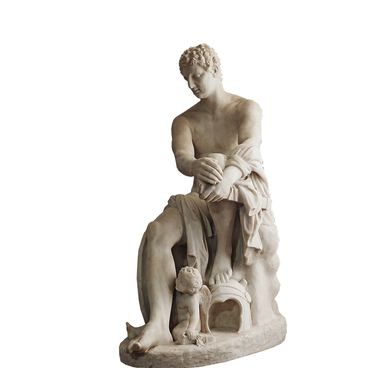Serge Volkonsky (1860-1937) was one of the foremost figures of the artistic and cultural life at the turn of the 20th century. He came from the princely family dating back to the 13th century.
His father Mikhail Volkonsky and his mother Elizaveta Volkonskaya both descended from the noble families, but Serge’s most famous ancestor was his grandfather Sergey Grigorievich Volkonsky, who was the active supporter of the Decembrists.
Serge Volkonsky graduated from the 4th Larin High School in Saint Petersburg, then continued his education at the faculty of history and philology at Saint Petersburg University.
Career in the civil service didn’t fascinate Serge Volkonsky. During his studies at the high school he was already into performing arts, that’s also when he first met Ernesto Rossi. Performance art captivated the young prince more and more each year, he didn’t just attend the performances, but also started to organize the amateur performances for his family and friends, at the same time trying hard to comprehend the art of acting professionally. Soon enough the performances with Serge Volkonsky’s participation stepped over the bounds of the family circle, and he started to participate in the public performances and read lectures on art for the broad audience.
Soon the prince was sent to Chicago to read lectures as part of the World’s Fair. In his speeches he addressed different issues, from the philosophical problems to the religious ones.
The important milestone at the Serge Volkonsky’s life journey was his appointment to the position of the director of Imperial Theatres in 1899. He enthusiastically drowned himself in work. Many plays from The Snow Maiden by Alexander Ostrovsky to Hernani by Victor Hugo were staged under his direction. The stage production of such operas as La Bohème by Giacomo Puccini and The Saracen by César Cui to Sadko as well as ballets were staged anew. The new director engaged talented employees in collaboration, such as the members of the World of Art movement, choreographer Alexander Gorsky, and Sergei Diaghilev, who participated in the issue of Yearbook of Imperial Theatres.
Serge Volkonsky was well-known for his progressive views in the spheres of theatre and art, he didn’t quite like the old school and was trying to bring his philosophy to his art collective. His influence expressed itself in the improvement of quality and technique of the acting, the repertoire of the Alexandrinsky Theatre greatly broadened. However, not everyone liked the prince’s innovative approach, the conflicts started, and in 1901 he resigned.
Serge Volkonsky continued his activity after he left the theatre. He read lectures on theatre art, organized an exhibition dedicated to the Decembrists to the memory of his grandfather, practiced the teaching profession. The prince travelled a lot around Europe, and during one of his trips to London he met his wife-to-be Mary Walker Fearn.
Serge Volkonsky passed away in the USA in 1937.



